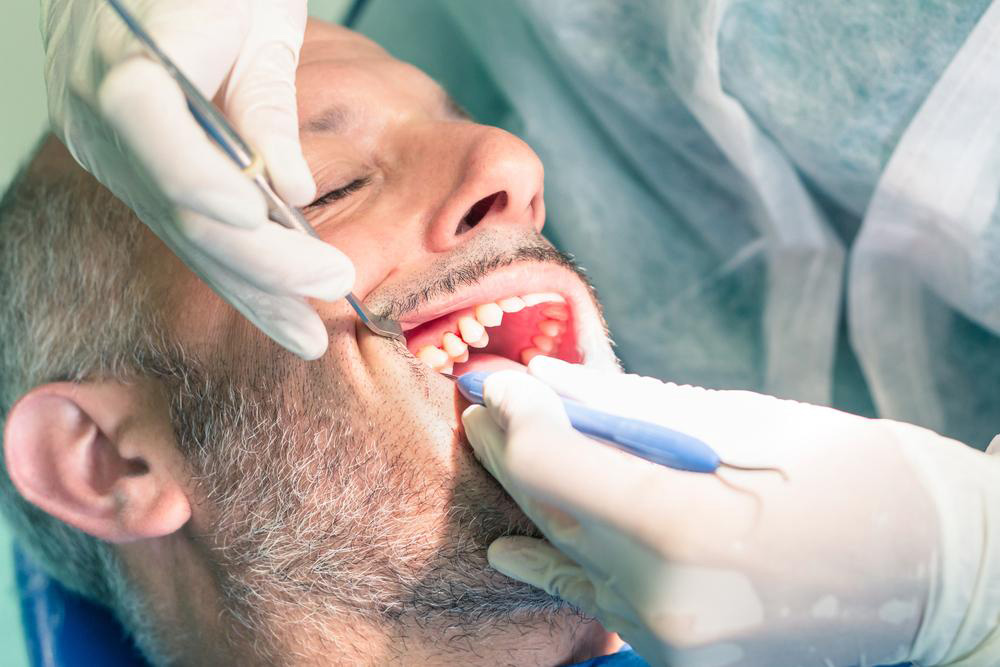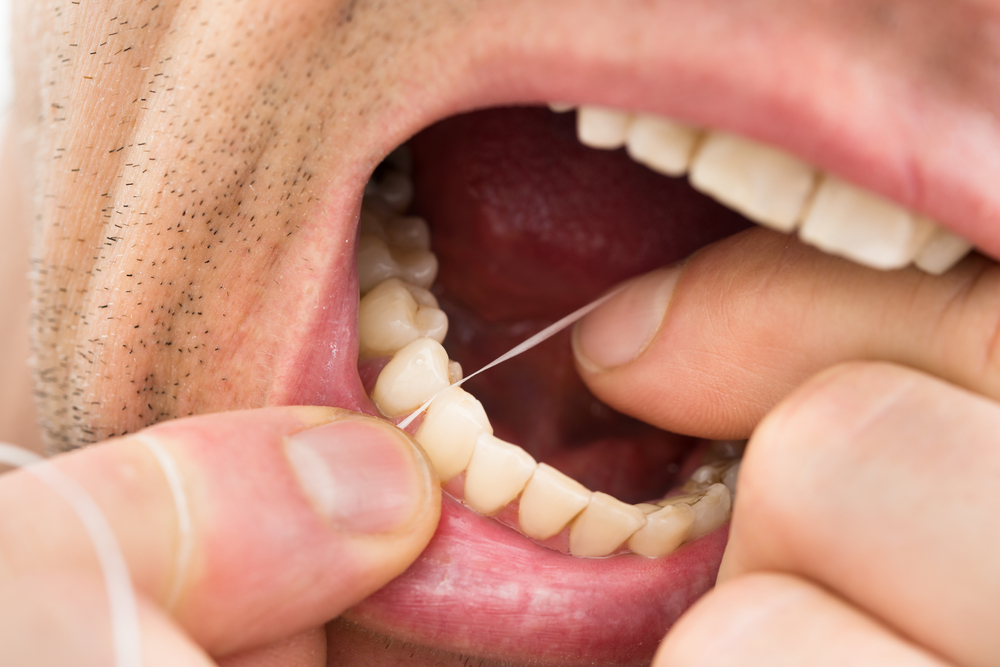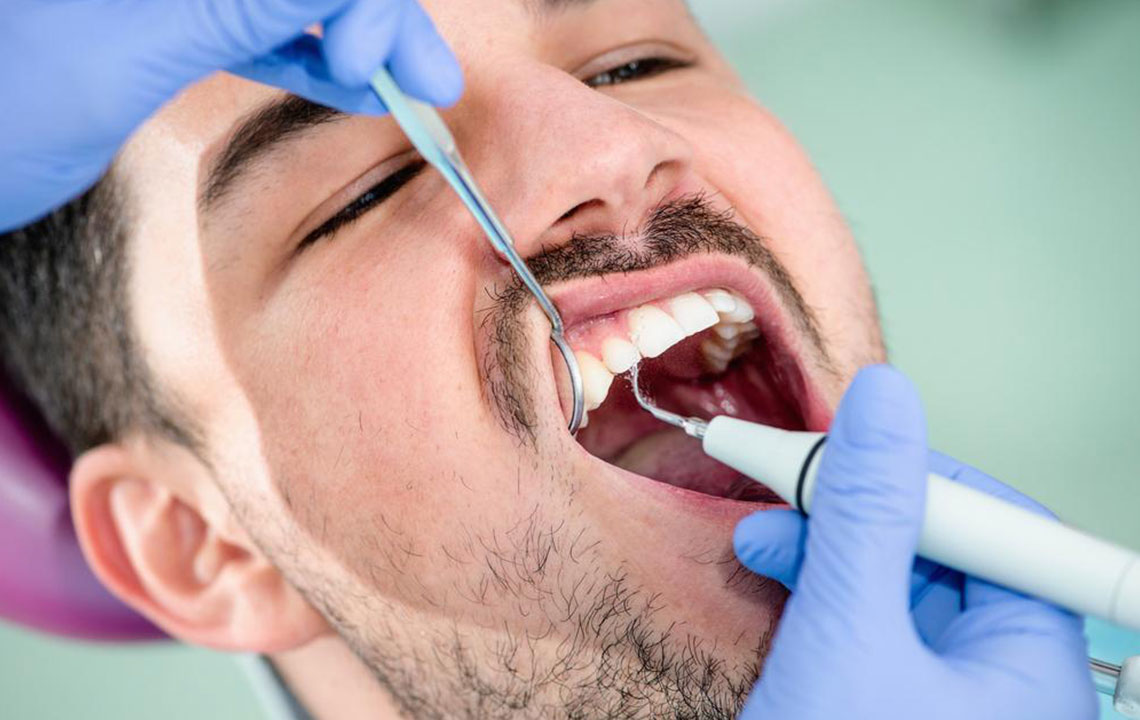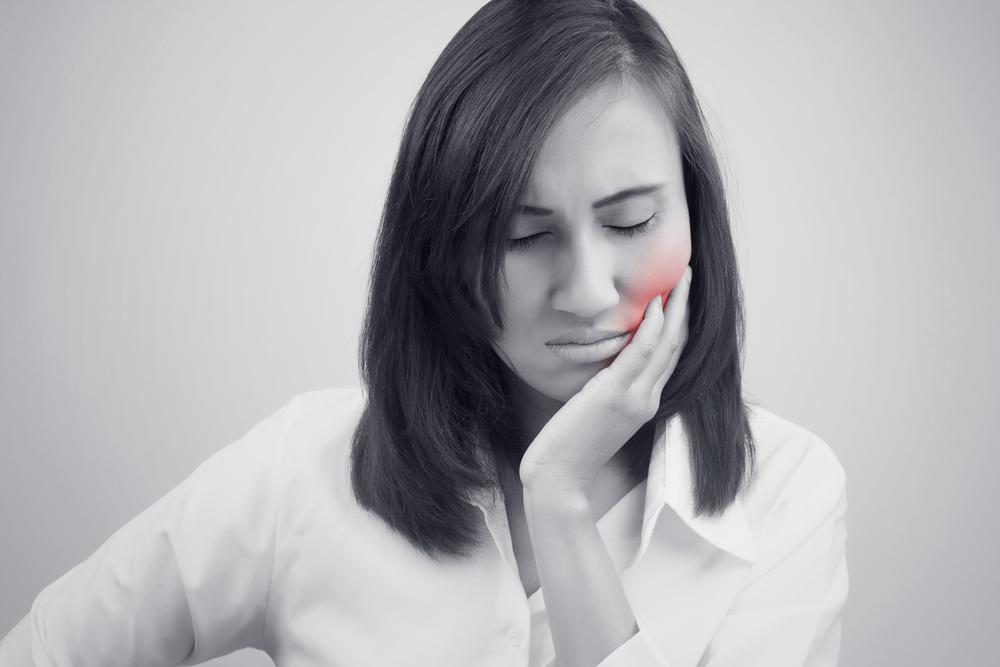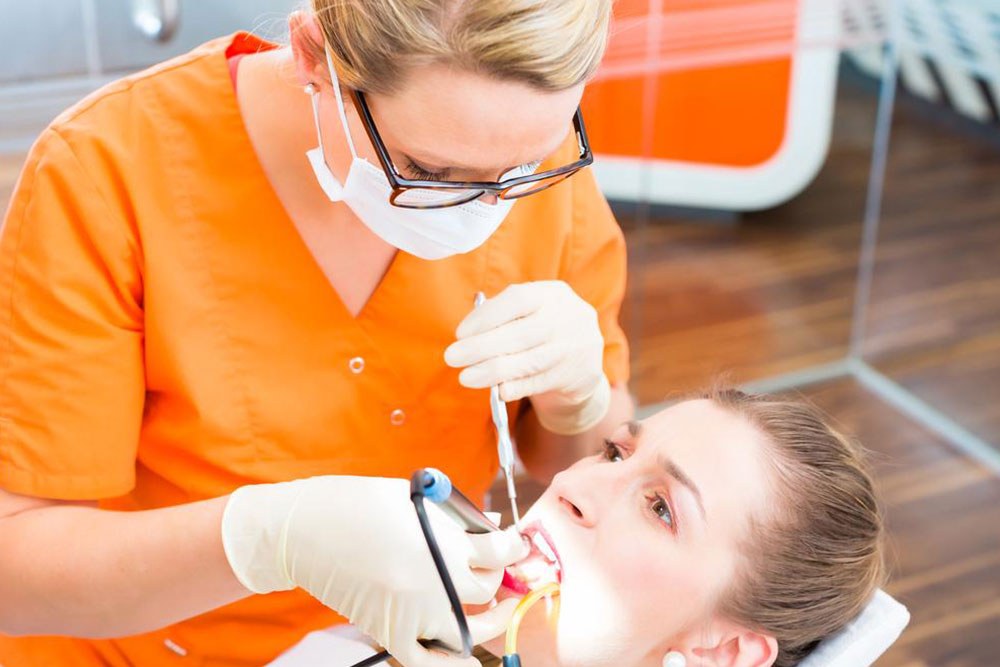Comprehensive Guide to Effectively Remove Dental Plaque and Tartar for Better Oral Health
This comprehensive guide explores effective strategies for removing dental plaque and tartar, emphasizing the importance of daily habits, natural remedies, and professional treatments. Learn how to maintain healthy teeth and gums, prevent cavities, and protect against gum disease. The article provides practical tips, home remedies, and professional procedure insights to support optimal oral health and reduce the risk of dental issues caused by plaque buildup. Ideal for anyone seeking to improve their dental hygiene routine and achieve a brighter, healthier smile.
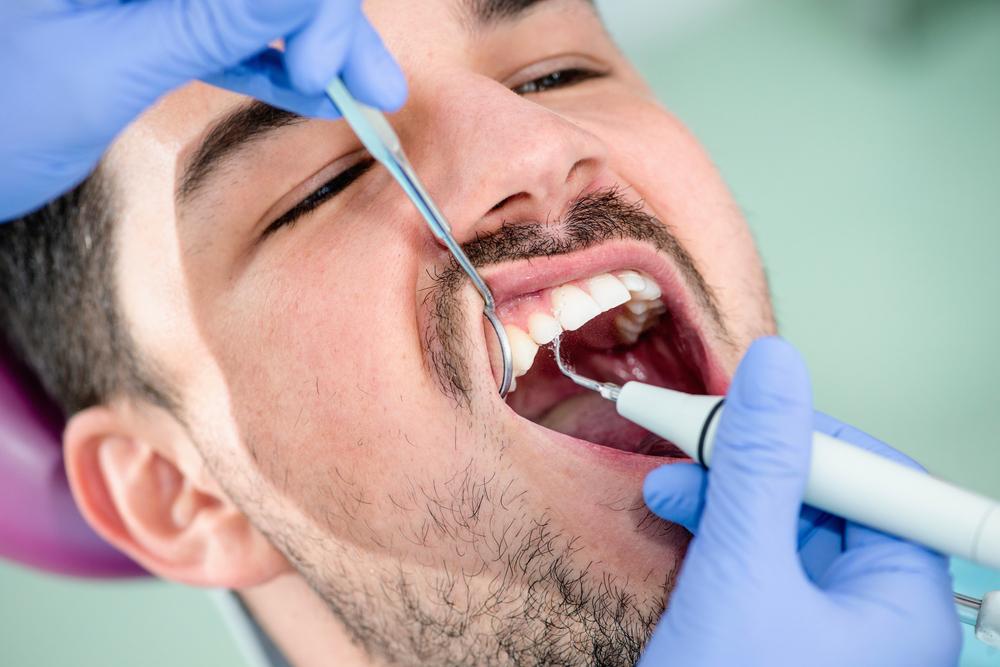
Effective Techniques for Eliminating Dental Plaque and Tartar
Understanding Dental Plaque and Tartar: Causes and Prevention Maintaining good oral hygiene is essential for overall health and confidence, and a key part of that is managing dental plaque and tartar. Dental plaque is a soft, sticky film that naturally forms on your teeth throughout the day. It contains harmful bacteria that, if not regularly removed, can lead to significant dental problems such as cavities, gum disease, and bad breath. Over time, if plaque remains uncleaned, it hardens into tartar, also known as calculus—a stubborn deposit that requires professional removal. Recognizing the importance of consistent dental care routines can help prevent these issues and promote healthier teeth and gums.
Addressing dental plaque effectively involves adopting proven methods to maintain oral health. The following sections explore the most efficient strategies and daily habits that can help keep your teeth free from plaque and tartar buildup. From home remedies to professional treatments, understanding these options empowers you to take control of your dental hygiene and prevent long-term oral health issues.
Proven Methods for Removing Dental Plaque and Tartar
Consistent Brushing: Use a soft-bristled or electric toothbrush to brush your teeth at least twice daily. Make sure to reach all surfaces, including the hard-to-clean areas at the back of your mouth. Proper brushing technique involves small circular motions and gentle pressure to avoid damaging gums and enamel.
Flossing Regularly: Flossing before brushing helps dislodge trapped food particles and plaque between teeth and below the gum line. Using high-quality dental floss or interdental brushes ensures thorough cleaning and reduces the risk of tartar formation.
Oil Pulling: An ancient remedy gaining modern popularity, oil pulling involves swishing a tablespoon of coconut or olive oil in your mouth for about twenty minutes daily. This practice helps reduce harmful bacteria, decrease plaque accumulation, and promote fresh breath thanks to the antimicrobial properties of the oils.
Enhanced Brushing with Natural Agents: Toothpaste containing activated charcoal, baking soda, or salt can be more effective in preventing plaque buildup. These substances have natural abrasive and antibacterial properties, aiding in surface cleaning and stain removal.
In addition to these routine practices, natural remedies can complement your oral hygiene efforts. For example, rubbing orange peels or applying aloe vera pulp directly onto teeth can help reduce bacteria and dissolve plaque due to their vitamin C content and healing properties. Regular use of these natural treatments, combined with good dental habits, can significantly improve oral health.
Understanding the Risks of Plaque and Tartar Accumulation
Enamel Demineralization: Acid produced by bacteria within plaque erodes tooth enamel, creating tiny holes leading to cavities and decay.
Gum Disease: Toxins from bacteria can inflame and infect gums, resulting in gingivitis and, if left untreated, periodontal disease.
Tartar and Bacterial Growth: Once plaque mineralizes into tartar, it provides a breeding ground for bacteria, exacerbating oral infections and complicating cleaning efforts.
Preventive Strategies to Combat Dental Plaque and Tartar
Adopt a Rigorous Oral Hygiene Routine: Brush twice a day with fluoride toothpaste, floss daily, and rinse with an antibacterial mouthwash to reduce bacterial load.
Schedule Regular Dental Check-Ups: Professional cleaning and fluoride treatments help eliminate stubborn tartar and reinforce enamel strength.
Chew Sugar-Free Gum: Gum with xylitol or sorbitol stimulates saliva production, which naturally neutralizes acids and washes away bacteria.
Eat a Balanced, Low-Sugar Diet: Limit sugary foods and beverages that feed harmful bacteria, emphasizing fruits, vegetables, lean proteins, and whole grains.
Use Dental Aids and Mouthwash: Incorporate interdental brushes and antimicrobial mouthwash into your routine to target hard-to-reach areas and control bacterial growth between meals.
Lifestyle Changes: Avoid tobacco products, which promote plaque formation and impair gum health, and maintain hydration for optimal saliva flow.
Beyond daily habits, some home techniques can assist in maintaining oral health. Utilizing plaque disclosing tablets can help identify areas of plaque accumulation, allowing more focused cleaning. Carefully using home tartar removal tools may help control tartar buildup before it requires professional intervention. However, it is essential to exercise caution with these tools to prevent damage to the teeth and gums.
Professional Dental Procedures for Tartar Removal
Comprehensive Dental Examination: Dentists evaluate your oral health, identifying areas of concern such as gingivitis or early-stage periodontal disease.
Scaling and Root Planing: This deep-cleaning process involves removing tartar from above and below the gum line, promoting healing and preventing further buildup.
Electric and Ultrasonic Cleaners: Dental professionals often use advanced tools with gritty toothpaste to effectively eliminate tartar and plaque during routine cleanings.
Flossing and Final Polishing: After scaling, thorough flossing and polishing smooth surfaces to inhibit plaque adhesion.
Preventive Treatments: Fluoride rinses and sealants may be applied post-cleaning to protect teeth from acid attack and future plaque formation.
Overall, maintaining a disciplined dental hygiene routine combined with regular professional care ensures long-term oral health, preserves the integrity of your teeth, and prevents bacteria-related complications.